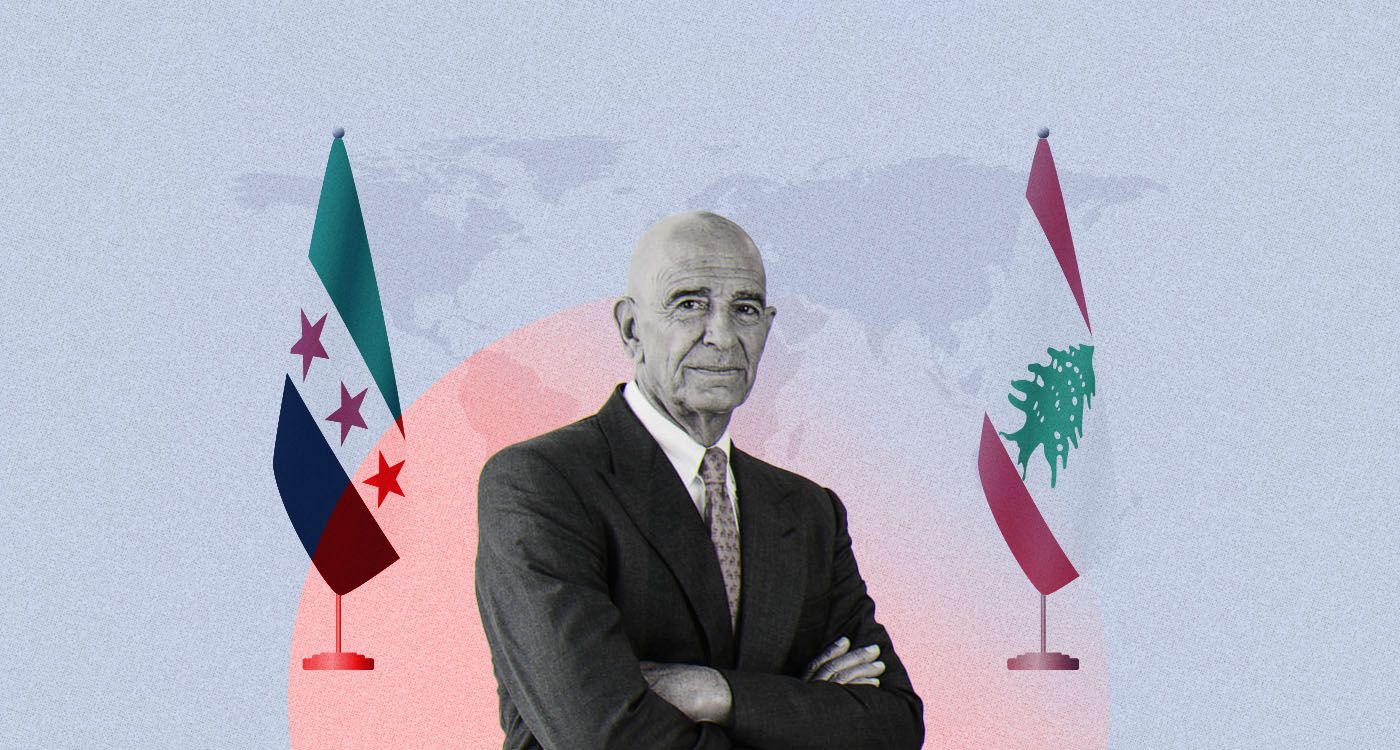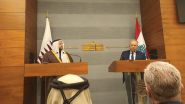
It is remarkable how a single phrase—whether a diplomatic misstep or a calculated message—can ignite such a storm of debate and unease, both in Lebanon and abroad, especially at a moment when the specter of redrawn borders looms once again over the Middle East.
Thomas Barrack’s recent remark reawakened long-dormant anxieties about Lebanon’s identity and its current borders. It rekindled fears of Syrian ambitions, particularly since Syrian history books continue to portray Lebanon as a province of historic Bilad al-Sham. His words echoed a time not so distant, in 1990, when the United States effectively entrusted postwar Lebanon to Syrian oversight to ensure implementation of the Taif Agreement.
One sentence was enough to shake Lebanon’s already fragile political equilibrium. Although Barrack later clarified that he did not mean to imply redrawing maps or transferring sovereignty—relying on familiar diplomatic language that may obscure more than it reveals—the unease lingered.
The timing only deepened concerns. Just two weeks earlier, Israeli media reported that Syria had floated a proposal to cede the Golan Heights in exchange for annexing the Lebanese city of Tripoli. In that context, Lebanese fears were not entirely out of place.
Lebanon’s vulnerability would not feel so acute if international conditions favored its political and security standing. But the country is falling behind. The issue of Hezbollah’s arsenal remains unresolved, despite official commitments made seven months ago to address it. Meanwhile, Syria is advancing quickly and deliberately toward normalization with Israel, positioning itself to benefit from the region’s shifting dynamics. Lebanon, by contrast, risks being left behind.
It is no secret, even within Hezbollah, that its weapons now hold limited value, militarily or politically. Holding onto them mainly serves to preserve leverage in Lebanon’s internal power structure. It is also no secret that normalization with Israel is no longer a question of if, but when. In today’s American-led and post-Iran-strike climate, regional conflict is no longer seen as viable.
This trajectory is widely understood. Yet, Lebanon’s continued inability to decisively act in response only increases the risk to its sovereignty and institutional stability. The real tragedy is that the Lebanese State persists in treating such signals as speculative media noise, when in fact, they may soon crystallize into reality, particularly if Lebanon proves incapable of making the strategic decisions this moment demands.



Comments